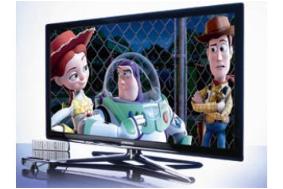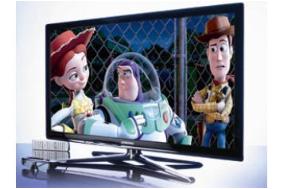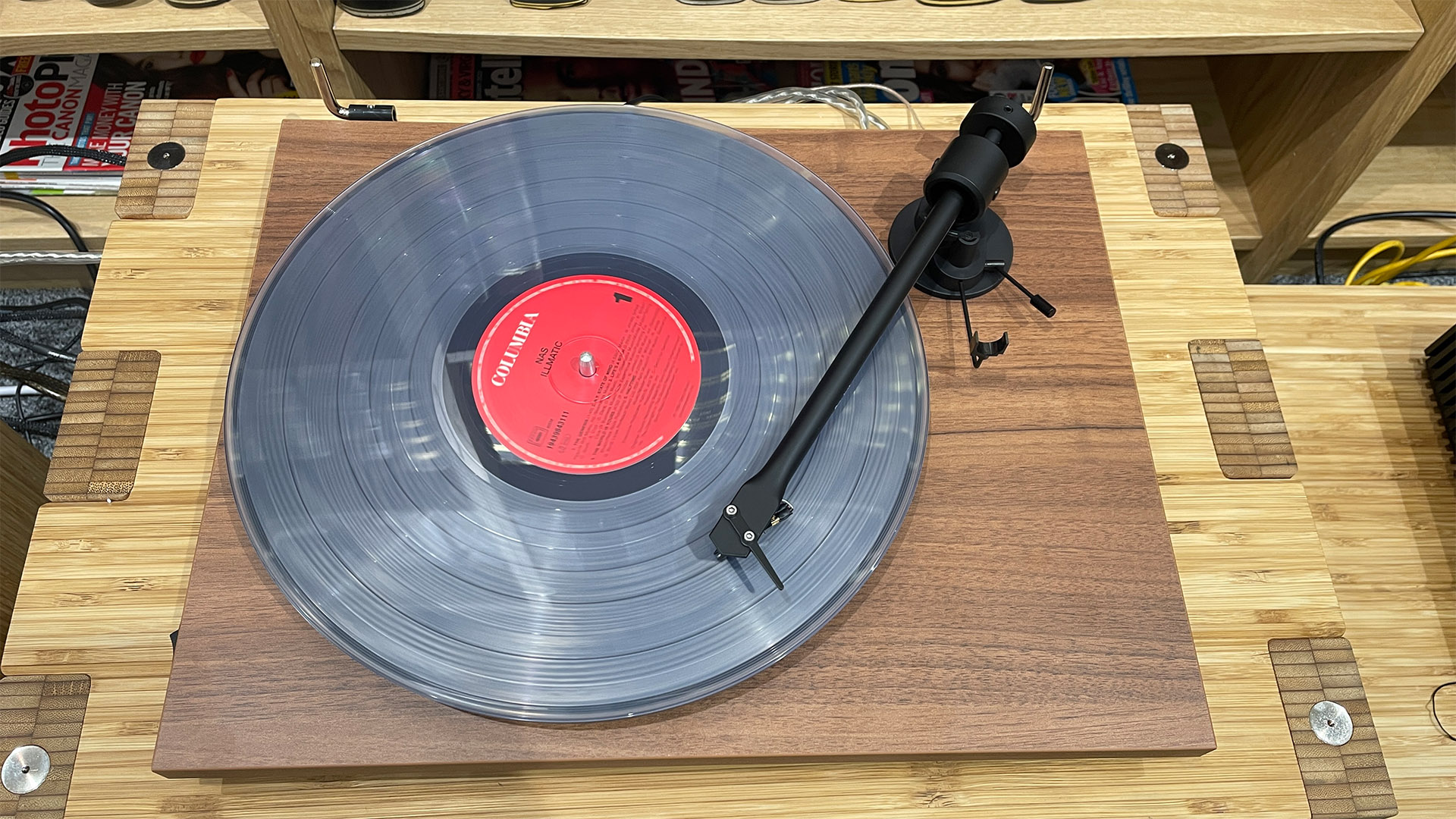The couch potato may be an endangered species
Catch-up TV means we're no longer slaves to the TV schedule, with more of us choosing when and how we want to watch the telly


Apparently the advent of catch-up TV and PVRs (personal video recorders) means we are no longer slaves to the TV schedule, allowing us to lead more active social lives.
Media psychologist Dr Brian Young says we are now a nation of 'active TV consumers' who watch TV on our terms, not those of the broadcasters. Viewers are turning off the TV more, to spend more time with family and friends or lead more active lives, he says.
That said, TV watching still changes our lives, with 80 per cent of those questioned saying watching TV inspired them to take up a new hobby, 85 per cent to travel, 55 per cent to consider a career change and allegedly 20 per cent of men have found a new girlfriend thanks to a shared interest in TV!
The big screen still wins
However, the rise of mobile technologies such as web TV, smartphones and tablets will do little to dent the fact that most people (73 per cent) will always value comfortable TV viewing in the home, the big screen consistently winning over smaller handheld devices.
While the home still rules as the preferred location for TV watching, viewers do want new technology to act as automatic schedulers and create bespoke schedules for them.
But 3D is not being taken as seriously as HD when it comes to future viewing. In the next 20 years 81 per cent of Britons would like the opportunity to watch all their TV in HD, while only 33 per cent feel passionately about watching most of it in 3D, the report says.
"The increasing adoption of digital media will continue to shape our relationship with the TV set in the future," says Dr Young. "Viewers are talking about TV more than ever thanks to sites such as Facebook... the biggest motivation for TV watching is the opportunity to talk about it with others." Nothing new there then.
Get the What Hi-Fi? Newsletter
The latest hi-fi, home cinema and tech news, reviews, buying advice and deals, direct to your inbox.
